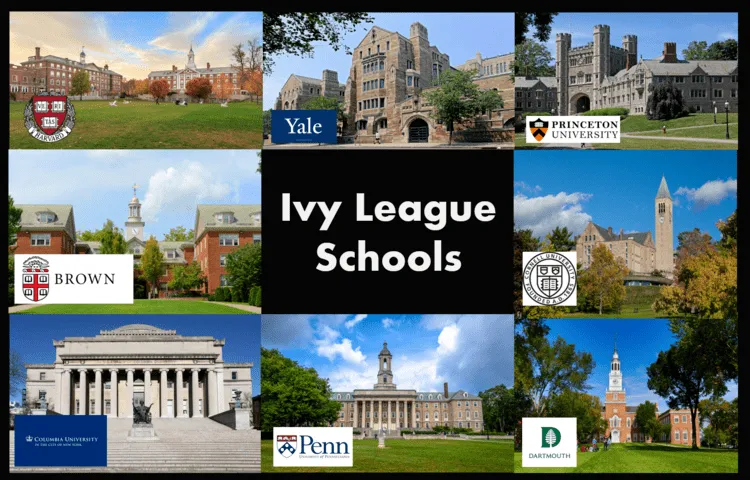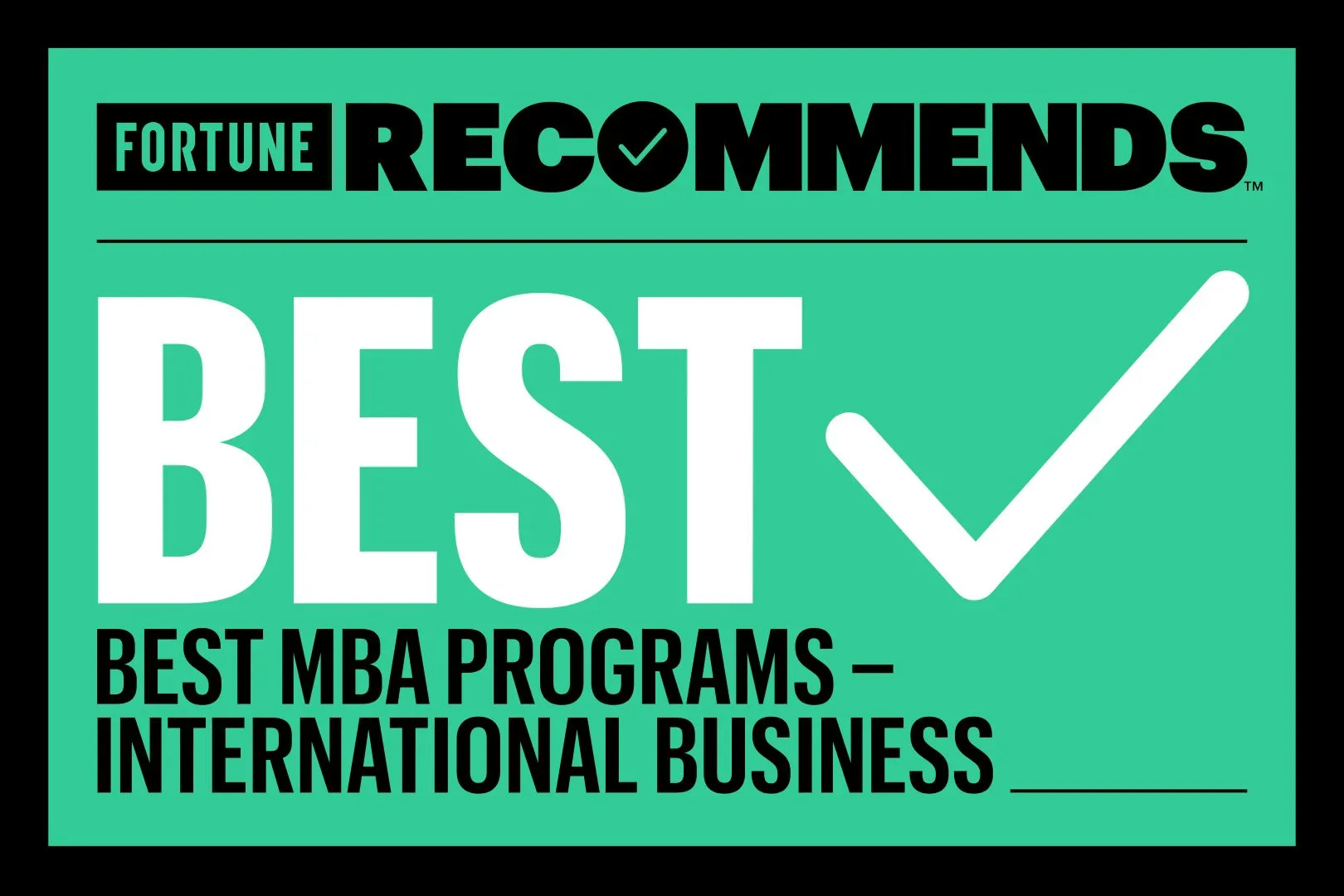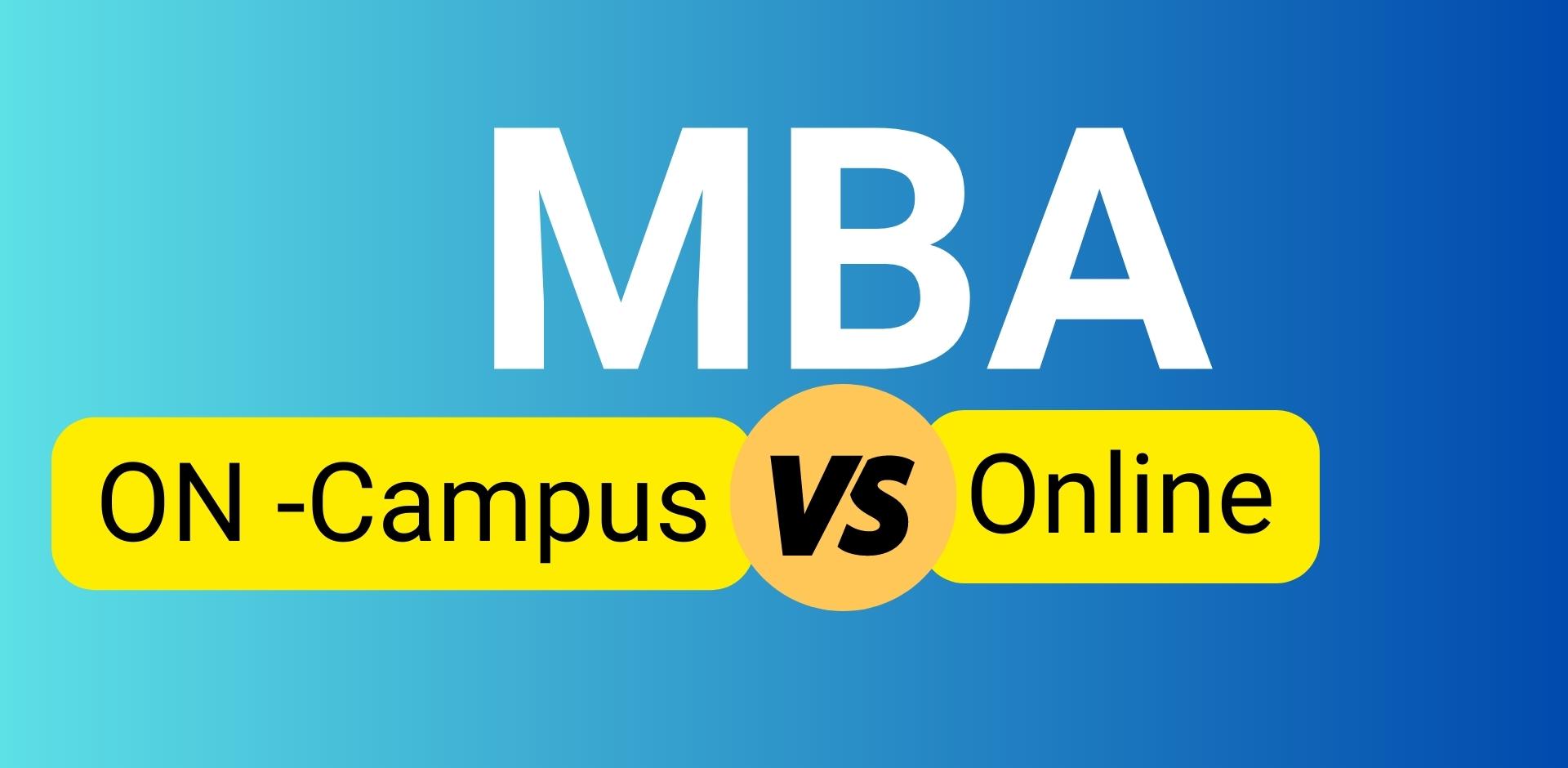Ivy League MBA vs Public University MBA Key Differences
Discover top MBA programs worldwide with MBAEduAcademy.com. We provide in-depth insights into prestigious MBA schools, comprehensive course details, and expert guidance on application requirements to help you achieve your business education goals.

Choosing an MBA program is a major decision that can impact your career growth, salary potential, and networking opportunities. While Ivy League business schools like Harvard Business School, Wharton (University of Pennsylvania), and Columbia Business School are globally recognized, many public universities such as UC Berkeley Haas, University of Michigan Ross, and University of Texas McCombs also offer top-tier MBA programs. This article explores the fundamental differences between these two options, helping you determine the best choice for your career goals.
Cost and Tuition Fees of Ivy League vs Public University MBA Programs
One of the biggest deciding factors when selecting an MBA program is cost. Ivy League MBAs are significantly more expensive than public university MBAs, with tuition fees often exceeding six figures.
Tuition Fees Comparison
| Business School | Tuition Cost (Approx.) | Additional Expenses |
| Harvard Business School | $80,000 per year | Housing, materials, fees |
| Wharton (UPenn) | $85,000 per year | Housing, books, living costs |
| Columbia Business School | $83,000 per year | Student fees, housing |
| UC Berkeley Haas | $73,000 per year | Books, living costs |
| Michigan Ross | $68,000 per year | Additional university fees |
| Texas McCombs | $62,000 per year | Books, housing |
Brand Reputation and Recognition in the Business World
Ivy League business schools have a stronger global reputation, and their graduates are often preferred for leadership positions at multinational corporations. An MBA from Harvard, Wharton, or Columbia carries prestige, instantly making a candidate more competitive.
On the other hand, public university MBAs like Berkeley Haas or Michigan Ross are also highly respected, particularly in specific industries such as technology, consulting, and finance. For example, UC Berkeley Haas has a strong reputation in Silicon Valley, making it an ideal choice for those aiming for careers in tech startups or venture capital.
Networking Opportunities and Alumni Connections
Networking is one of the biggest advantages of pursuing an Ivy League MBA. These schools offer access to high-profile alumni networks, industry leaders, and global executives. Graduates from Harvard and Wharton often find exclusive job placements due to these connections.
Public universities also offer extensive alumni networks, but they are often more regional. If you plan to work within a specific state or industry, a public university MBA can still offer strong networking benefits.
MBA Program Specializations and Industry Focus
Different schools have strengths in different fields. Here’s a comparison of key specializations:
| Specialization | Best Ivy League Schools | Best Public Universities |
| Finance & Investment | Wharton, Columbia | Michigan Ross |
| Consulting | Harvard, Wharton | UC Berkeley Haas |
| Technology & Innovation | Harvard, Wharton | UC Berkeley Haas, Texas McCombs |
| Entrepreneurship | Harvard, Wharton | UC Berkeley Haas |
| Healthcare & Biotech | Wharton, Columbia | Michigan Ross |
Salary is a crucial aspect when selecting an MBA program. Graduates from Ivy League business schools often secure higher starting salaries and bonuses, particularly in consulting, finance, and executive leadership roles.
Salary Comparison After Graduation
| Business School | Average Starting Salary | Bonus Potential |
| Harvard Business School | $150,000+ | $30,000+ |
| Wharton (UPenn) | $155,000+ | $35,000+ |
| Columbia Business School | $148,000+ | $28,000+ |
| UC Berkeley Haas | $135,000+ | $25,000+ |
| Michigan Ross | $130,000+ | $20,000+ |
| Texas McCombs | $125,000+ | $18,000+ |
Classroom Experience and Faculty Expertise
Class Size and Student Experience
- Ivy League MBA programs typically have smaller, more selective cohorts, fostering intimate learning environments.
- Public university MBA programs may have larger class sizes, but they often offer diverse perspectives and industry-focused learning.
- Ivy League professors are often renowned industry leaders, former executives, or policymakers.
- Public university MBA programs also feature top-tier faculty, but they may have a stronger focus on regional business trends rather than global leadership.
Depending on your career ambitions, here are some MBA programs best suited for different goals:
- Best for Consulting Careers: Harvard Business School, Wharton, UC Berkeley Haas
- Best for Finance and Investment Banking: Wharton, Columbia, Michigan Ross
- Best for Entrepreneurship and Startups: Harvard, Wharton, UC Berkeley Haas
- Best for Tech and Innovation: UC Berkeley Haas, Texas McCombs
- Best for Healthcare and Biotech: Wharton, Columbia, Michigan Ross
Deciding between an Ivy League MBA and a public university MBA depends on several factors including cost, industry focus, networking opportunities, and salary expectations. If prestige and global networking are your top priorities, an Ivy League MBA may be the best option. However, if you want a high-quality education at a lower cost with strong industry ties, a public university MBA can be just as valuable for your career.
:max_bytes(150000):strip_icc()/277019-baked-pork-chops-with-cream-of-mushroom-soup-DDMFS-beauty-4x3-BG-7505-5762b731cf30447d9cbbbbbf387beafa.jpg)






